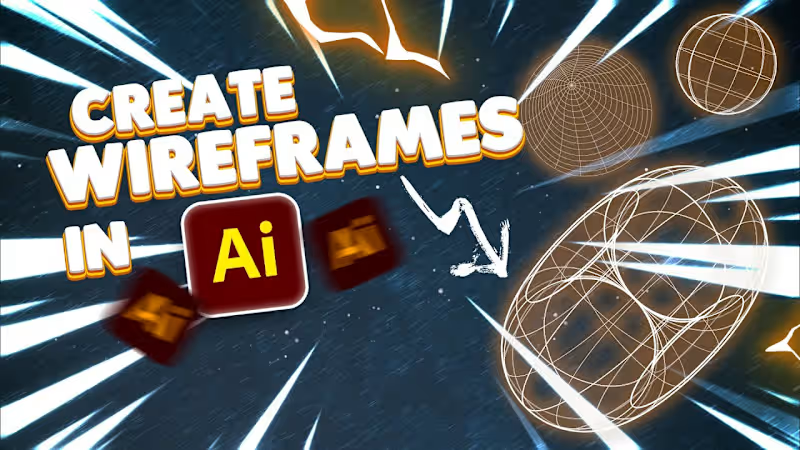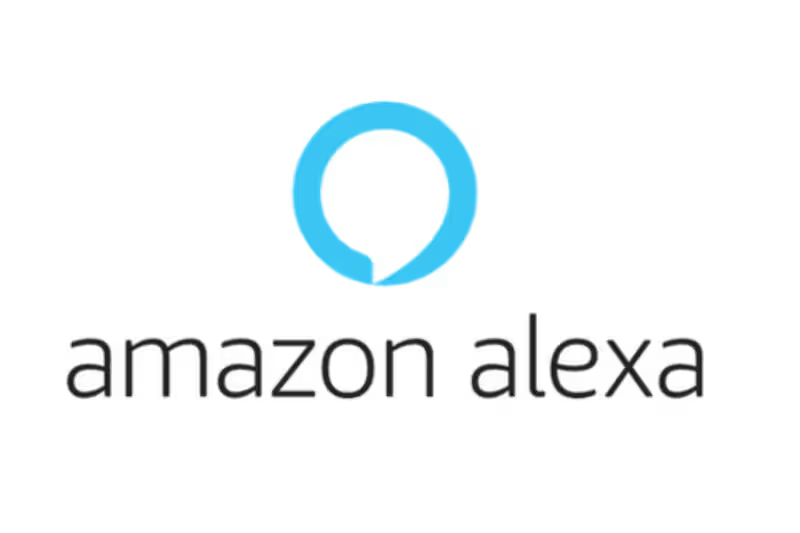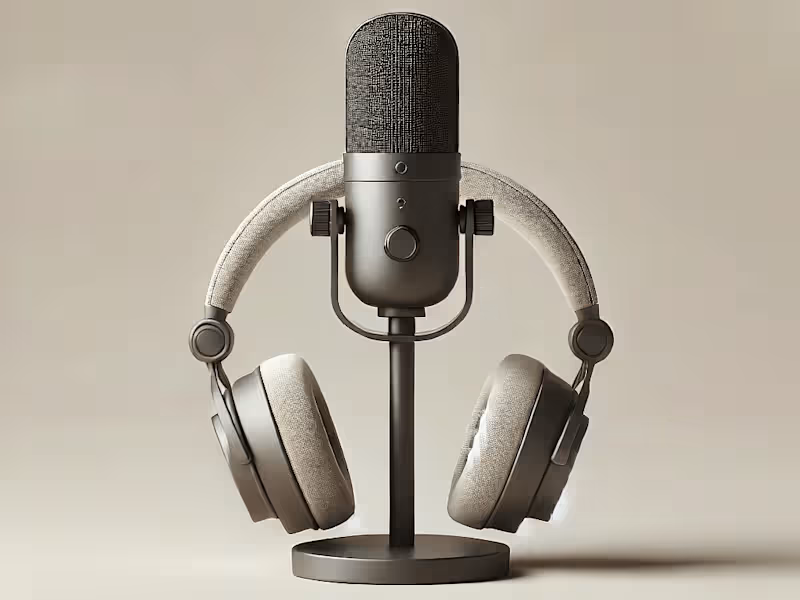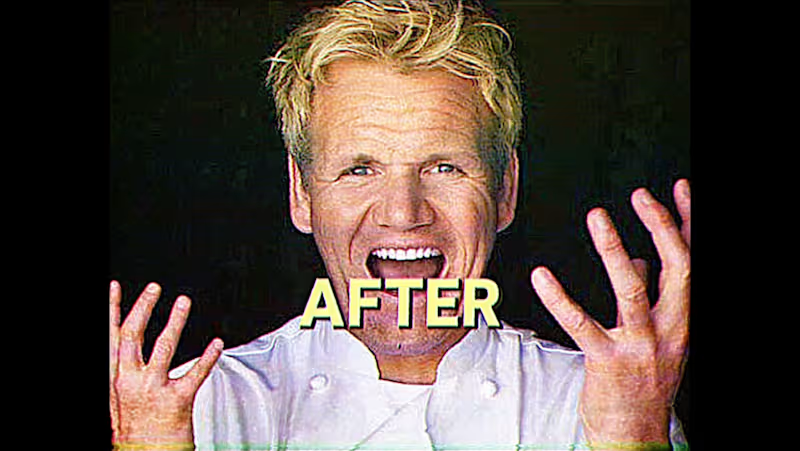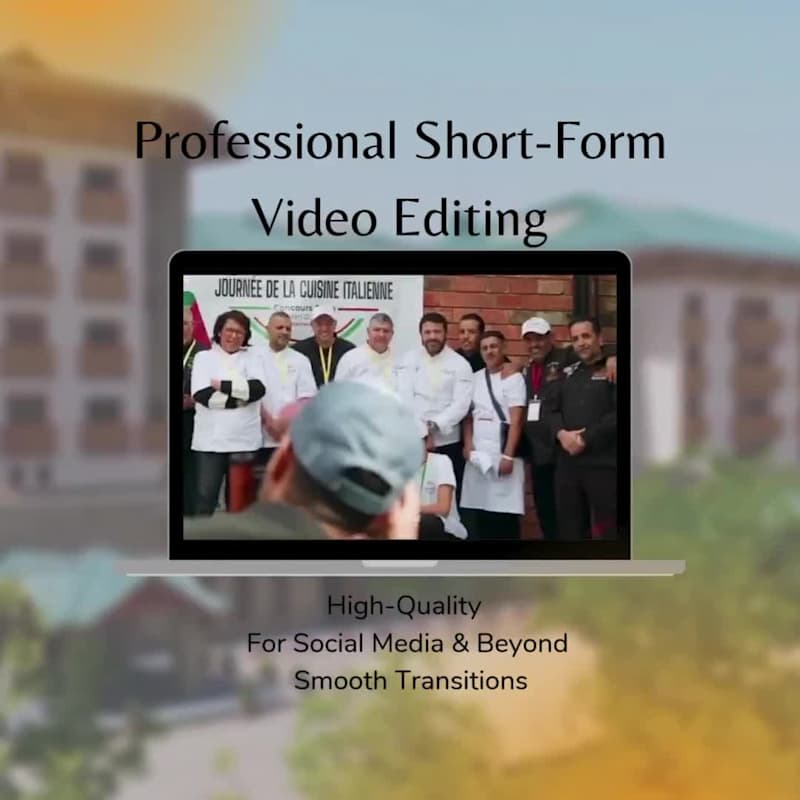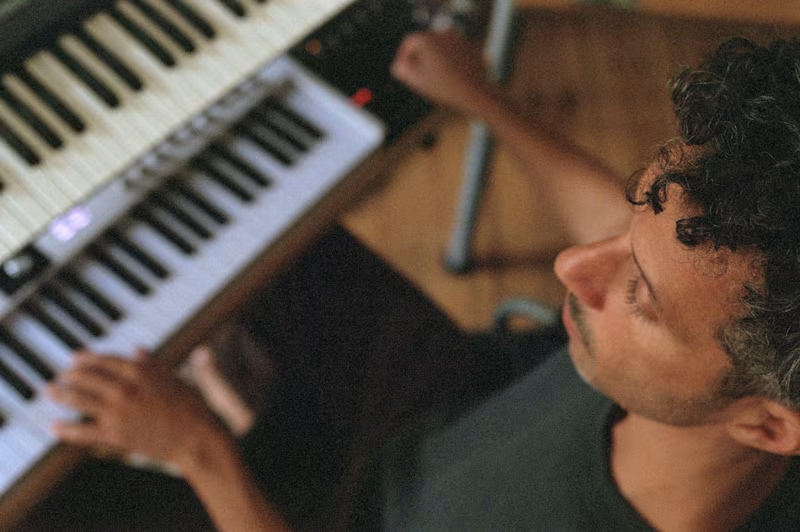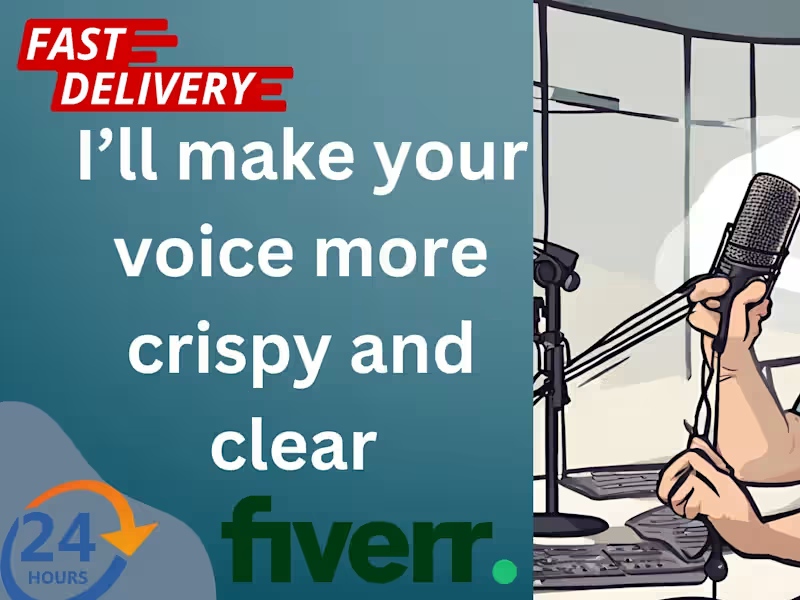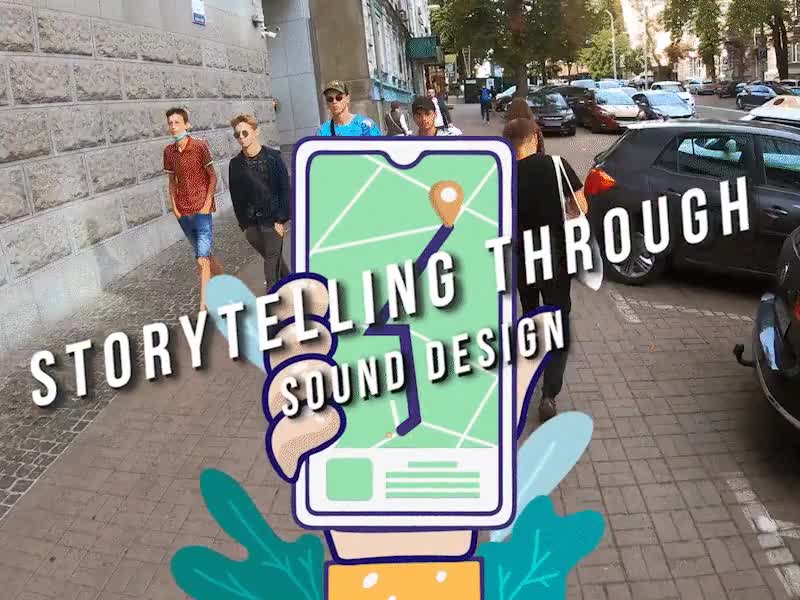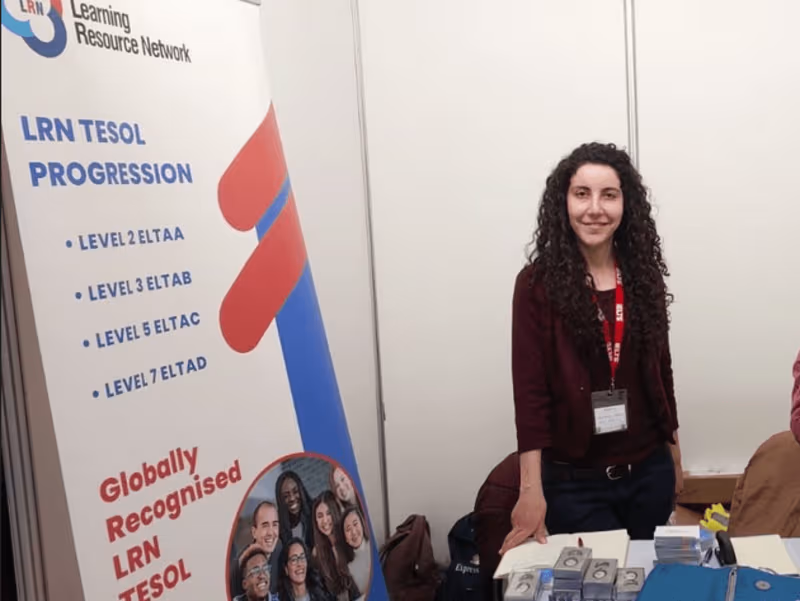What should I look for in an audio editor's portfolio?
Check if their portfolio has projects similar to yours. Listen to their previous work to see if you like the quality. Make sure they have experience with edits like sound mixing or reducing noise.
How can I communicate my project's needs to the audio editor?
Write down everything about your project that you think is important. Use examples to show them what you have in mind. Clear instructions help the editor understand what you want.
What key deliverables should I agree upon with an audio editor?
Make sure both of you agree on the final format of the files. Discuss how many revisions are included. Decide on deadlines for each part of the project and keep them written down.
How do I ensure the audio editor understands my deadlines?
Share your timeline with them during your first meeting. Confirm they can meet the deadlines before you start the project. You can also set smaller deadlines for parts of the project.
Why is it important to set milestones for audio editing projects?
Milestones help break the project into smaller tasks. You can check progress at each step and get updates from the editor. It helps make sure the final product is what you wanted.
What details do I need to provide for sound quality preferences?
Share what kind of sound you like, maybe from favorite movies or videos. Tell the audio editor if you prefer warm, bright, or balanced sound. This helps them adjust the audio to your taste.
How can I help the audio editor understand the target audience?
Explain who will be listening to the audio. Tell them the kind of emotions or reactions you want to create. Knowing the audience helps the editor tailor the edits to fit the listeners better.
What tools or software should an audio editor use?
Find out if the editor uses professional editing tools like Pro Tools or Adobe Audition. These tools are used for high-quality editing. The right tools help them make your project sound great.
How important is communication after the project starts?
Regular check-ins help both you and the editor stay on track. Keep a channel open for feedback and questions. Good communication ensures there are no surprises at the project's end.
What should I do if a part of the project changes?
If something changes, tell the audio editor quickly. This helps them adjust their work to fit the new plan. Keeping them in the loop avoids any misunderstandings or mistakes.
Who is Contra for?
Contra is designed for both freelancers (referred to as "independents") and clients. Freelancers can showcase their work, connect with clients, and manage projects commission-free. Clients can discover and hire top freelance talent for their projects.
What is the vision of Contra?
Contra aims to revolutionize the world of work by providing an all-in-one platform that empowers freelancers and clients to connect and collaborate seamlessly, eliminating traditional barriers and commission fees.







































